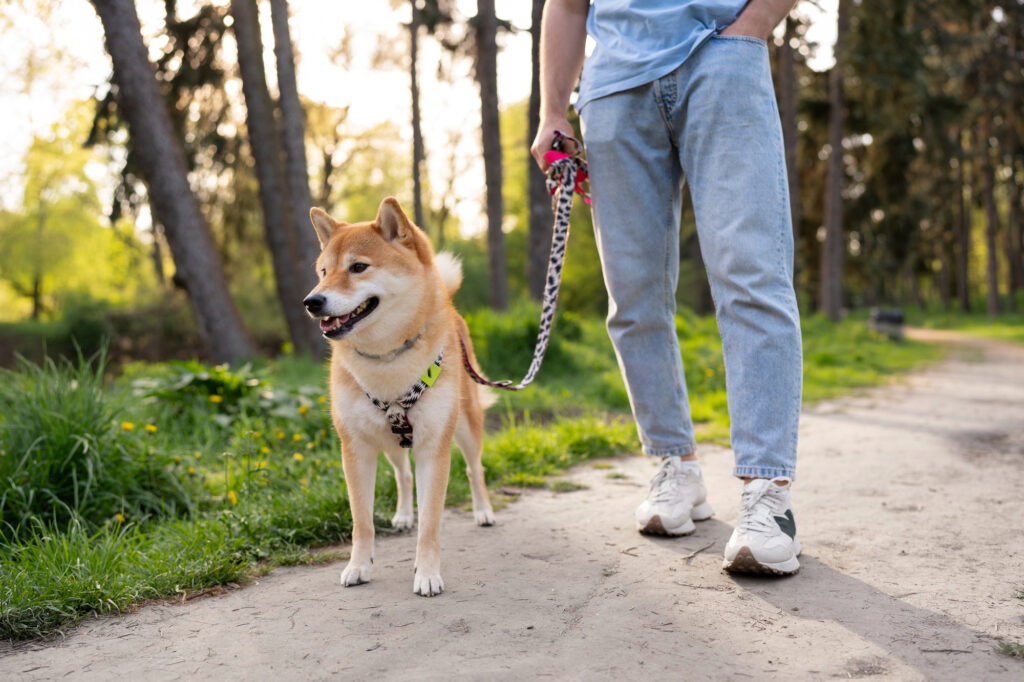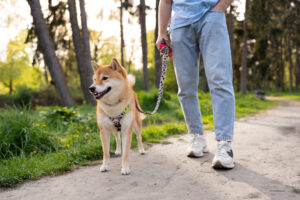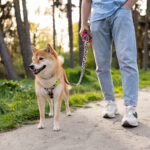Having pets is an enjoyable, fulfilling, and even life-changing experience. It can help improve heart health, lower stress levels, and provide comfort, support, and unconditional love. Reports also share how pets can encourage their owners to be more physically active, have more social connections, and have more structured schedules. However, when you’re away from your pets for long hours, they might not get the support and care they need to live healthy, happy, and comfortable lives.
Healthcare workers who are pet owners often face this dilemma: They need to balance their demanding work schedules with the many responsibilities associated with having pets at home. Most healthcare professionals have in-person jobs, prompting them to leave their pets for long periods while they work, which can cause pangs of anxiety and guilt.
This article offers useful advice for healthcare professionals on caring for their pets at home while they’re busy working long hours in healthcare facilities and caring for others.
Pet care tips for busy people
Make sure they have enough food and water while you’re away
It’s important to make sure that your pets are fed properly and have access to clean water when you’re away. Opt for a food dispenser to ensure that your pets are eating the right amount of food at their feeding times, and a pet water fountain. Just in case there’s a power interruption or the machine malfunctions, have some clean bowls of water available for drinking.
Pet-proof your house and backyard
Make sure that your house and backyard are safe for them to be in, especially when you’re not at home. Aside from protecting your sofa cushions with couch covers and anti-scratch protectors (for cats) and covering electrical cords, outlets, and HVAC vents, ensure that harmful objects such as the following are locked away:
- Cleaning products, air fresheners, alcohol, insecticides, and other chemicals
- Human medicines, vitamins, and dietary supplements
- Sharp objects
- Foods such as chocolates, grapes, onions, coffee, avocados, and salt
- Loose change, cords, or anything that can cause choking
Consider your pet’s preferences
If your pet prefers to have the TV or radio on, consider leaving it on for them on a low volume. This can help them feel like they’re not alone and make them feel more relaxed. Make sure that their toys of choice are available for them to play with, just ensure that the toys you leave out won’t be a choking hazard.
Set up pet cameras
With pet cameras, you’ll have the ability to monitor your pets and see if they’re eating on time, behaving well, and are resting properly. Pet cameras also allow you to see if your pets are experiencing separation anxiety, during which you can talk to them to help reassure them and calm them down. Some pet cameras allow you to dispense treats, too, which is helpful, especially when your pets are feeling anxious or sad.
Pet cameras allow you to monitor your pets and ensure their safety at home, providing reassurance that can help you work without distractions.
Look into getting pet sitters, walkers, or daycare
For convenience, safety, and socialization, consider getting pet sitters or walkers for your pets. This is especially helpful if your pets have specialized needs. If your pet needs to have a special diet (that needs to be prepared with wet food) or needs to drink medicine at certain hours, you can arrange for someone to drop by your house to facilitate feeding and medication administration. If your pets need to be walked twice a day, getting a dog walker can allow them to take care of their business, stick to their routines, and help them stay physically and mentally healthy even while you’re at work.
If your pets are exhibiting destructive behavior, enrolling them in pet daycare can be helpful. Being in a pet daycare can provide the mental stimulation and social activity they need to reduce separation anxiety and curb sadness and destructive behavior.
By adopting these helpful tips, healthcare workers can maintain focus on their critical tasks, knowing that their furry friends are safe, comfortable, and cared for in their absence.







